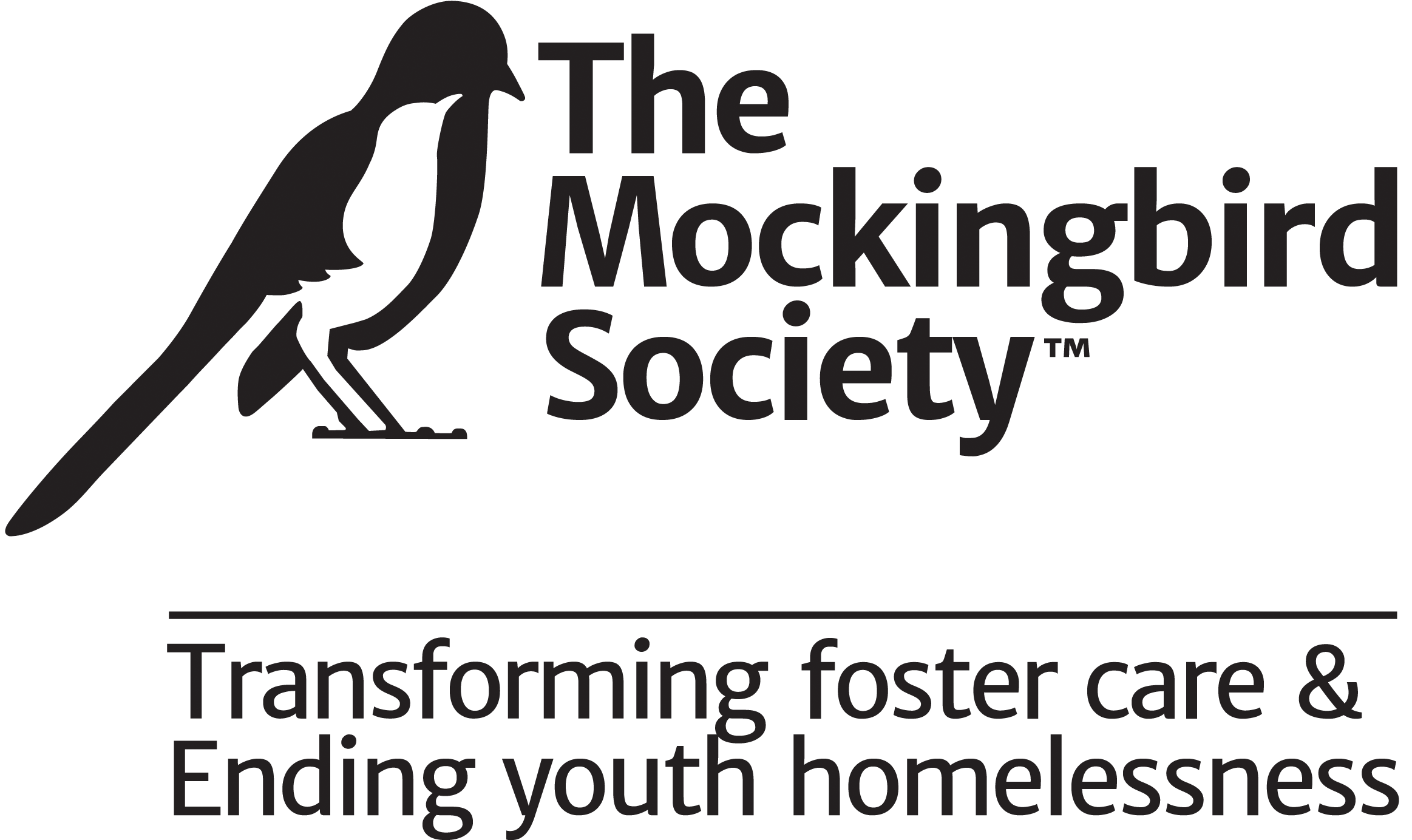ABOUT US
Who We Are
our vision
Each and every young person, regardless of race and individual experience, reaches adulthood with an equitable opportunity to thrive.
.
our mission
Our mission is to transform the foster care system and end youth homelessness. Mockingbird creates, supports, and advocates for racially equitable, healthy environments that develop young people at risk of or experiencing foster care or homelessness.
.
our history
The Mockingbird Society is an advocacy organization founded in 2000 by Jim Theofelis to provide meaningful opportunities for youth across Washington state to participate in the social justice effort to improve the foster care system. Its first project was The Mockingbird Times, then a monthly newspaper written by young people who have experienced foster care that aims to have a positive impact on the public perception of young people experiencing foster care and/or homelessness. Since then, our work has expanded to include working with foster families and child-placing agencies to improve outcomes for both young people and their caregivers. Recognizing a clear link between experience in the child welfare system and homelessness, Mockingbird also began addressing issues around youth homelessness in 2013.
